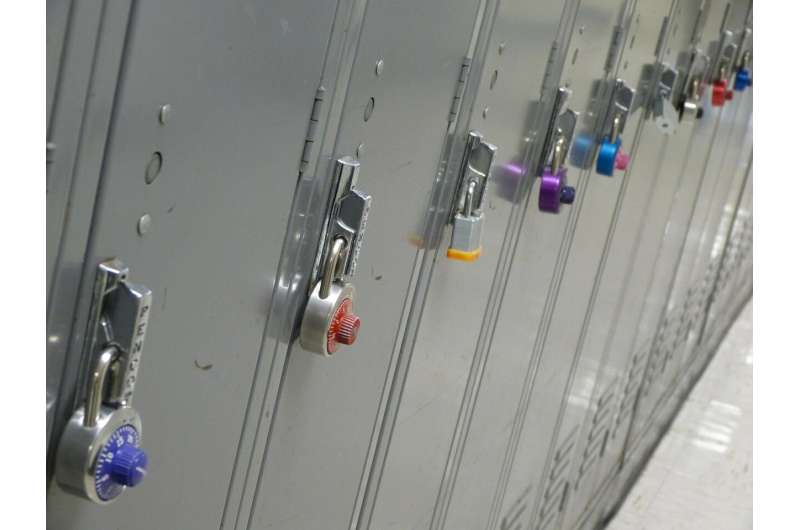Nearly one-third of adolescents do not feel safe at school

A large international study found that on average 31.4% of adolescents reported feeling unsafe at school in 13 European and Asian countries. The result revealed inequality in securing a safe educational environment for students across countries.
The study included 21,688 adolescents aged 13–15 from 13 countries who completed self-administered surveys between 2011 and 2017. The survey was conducted in Finland, Norway, Lithuania, Greece, India, Indonesia, Iran, Israel, Japan, China, Singapore, Vietnam and Russia.
There were large variations across the countries, from 11.5% (Finland) to 69.8% (Japan) of girls and from 7.7% (Norway) to 68.2% (Japan) of boys feeling unsafe. The study also found that there were large variations between schools in many countries, indicating inequality in the educational environment within the country.
The key is to build healthy student-teacher relationships and promote positive interactions with peers
Students who felt that their teachers cared about them were more likely to feel safe at school, indicating the important role of teachers in shaping students' emotional sense of safety at school. Fair, clear, and consistent school rules are very important in producing safety in schools, according to our previous review. On the other hand, when students experience bullying victimization, this was reflected in a lower sense of safety.
The result showed that feeling unsafe at school was associated with mental health problems, which may persist throughout life. The results highlight the need for school-based, anti-bullying interventions and mental health promotion.
"The interventions should include preventive initiatives such as psychoeducation, and social-emotional learning programs to enhance positive interaction of children and reduce behavioral problems. The findings showed a clear need for strategies to provide educational environments where all students can feel protected, regardless of their background," says researcher Yuko Mori from the Research Center for Child Psychiatry, the University of Turku
Doctor Andre Sourander, Professor in Child Psychiatry at the University of Turku agrees: "Physically, cognitively and emotionally safe school environment is essential for the development and educational success of children and young people. All children have the right to attend schools where they can feel safe and protected without fear or anxiety of any danger. In the wake of recent school shootings, we must take steps to enhance safety in educational settings and protect students from all forms of violence and abuse."
This research was led by Professor Andre Sourander from the Research Center for Child Psychiatry and INVEST Research Flagship center at the University of Turku.
Below is the list of countries with a percentage of adolescents feeling unsafe.
Country : Girls / Boys
Finland: 11.5% / 8.9%
Norway: 13.9% / 7.7%
Israel: 14.6% / 14.2%
Greece: 18.2% / 24.2%
India: 17.8% / 26.3%
Iran: 25.6% / 34.3%
Indonesia: 30.3% / 30.2%
Lithuania: 31.4% / 35.4%
Singapore: 35.4% / 34.3%
China: 48.8% / 44.1%
Russia: 54.7% / 45.9%
Vietnam: 49.6% / 52.6%
Japan: 69.8% / 68.2%
More information: Yuko Mori et al, Feeling Unsafe at School Among Adolescents in 13 Asian and European Countries: Occurrence and Associated Factors, Frontiers in Psychiatry (2022), DOI: 10.3389/fpsyt.2022.823609. www.ncbi.nlm.nih.gov/pmc/articles/PMC9082541/
Provided by University of Turku



















